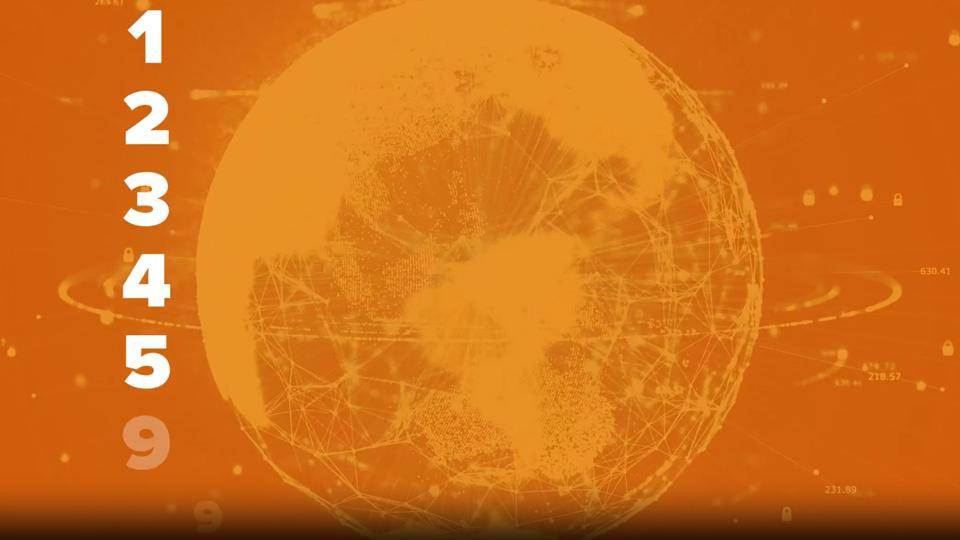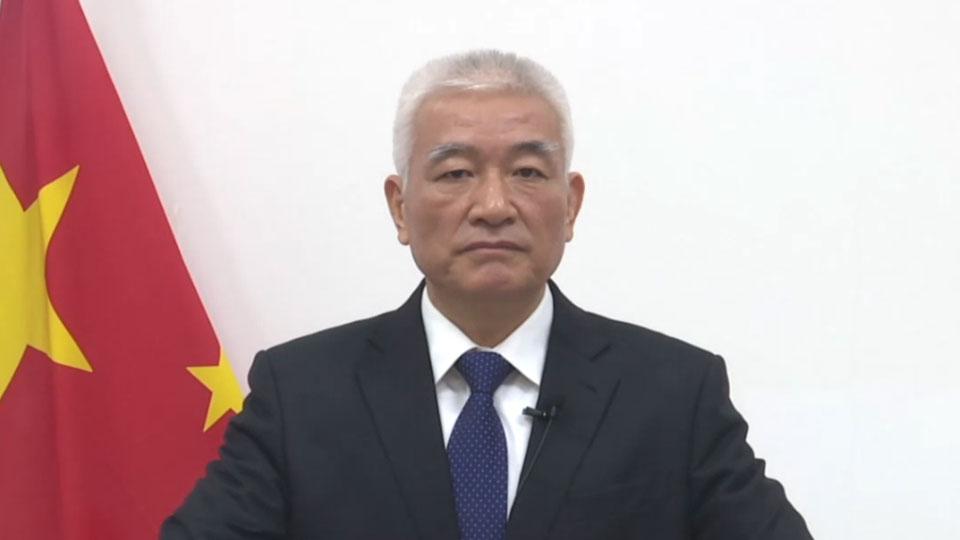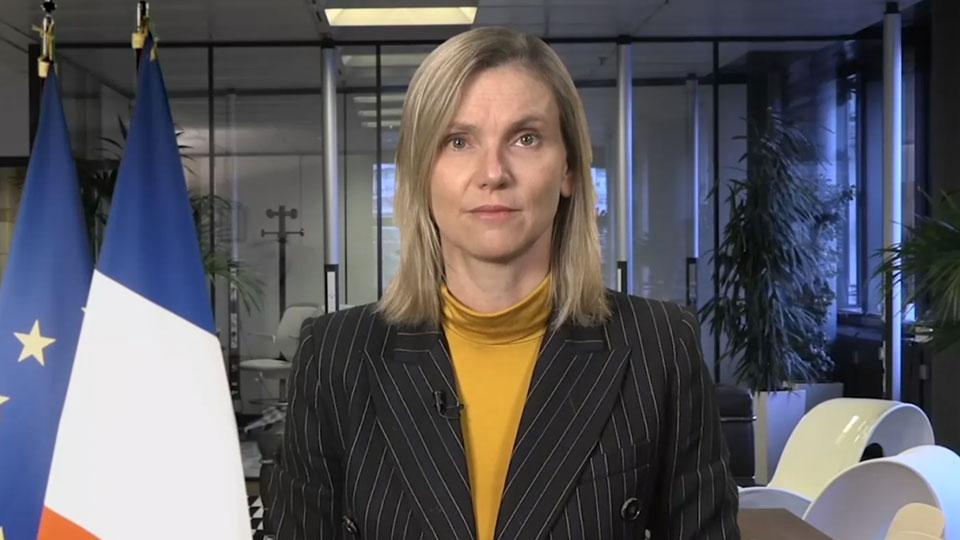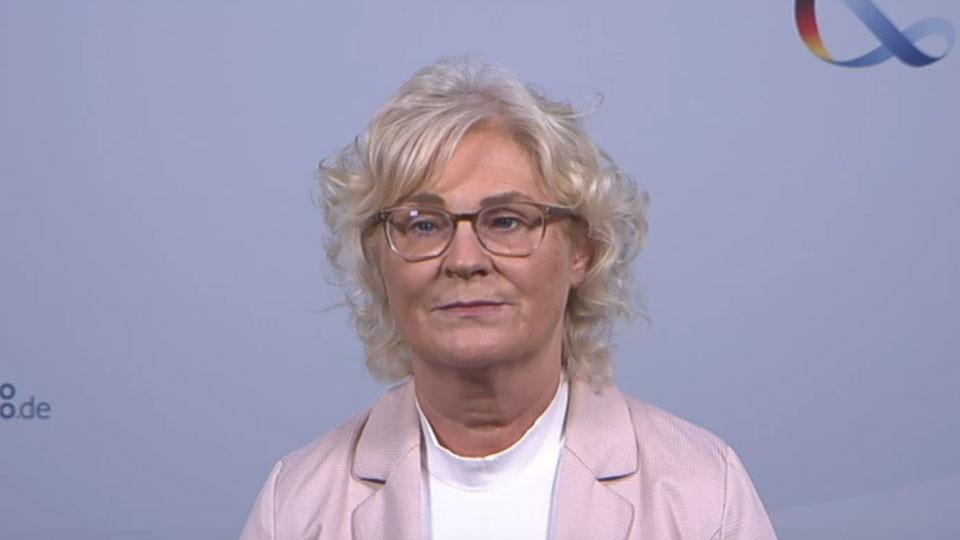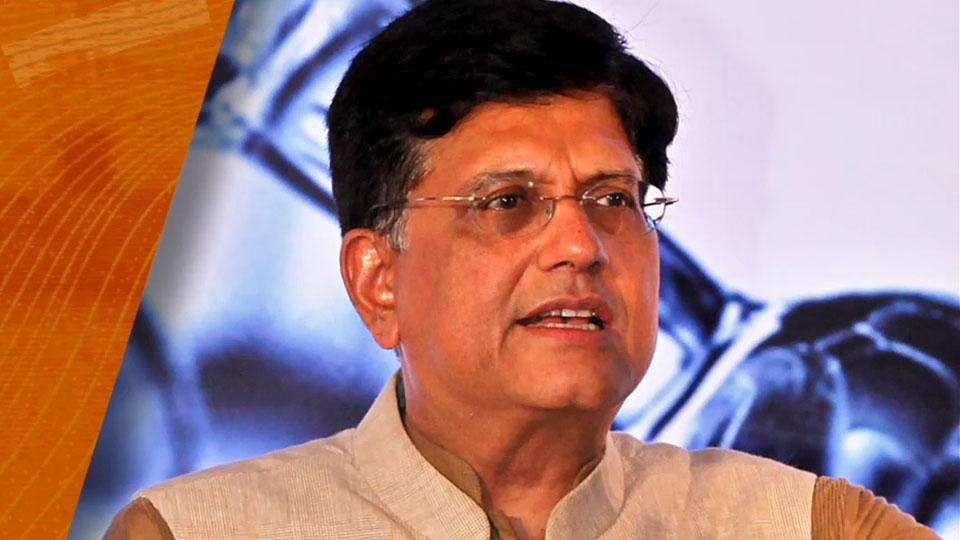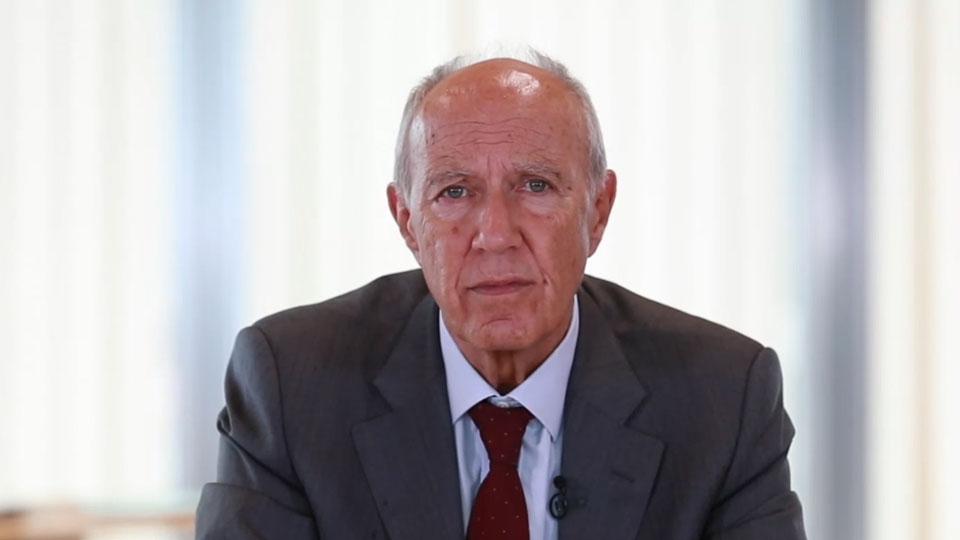Global Innovation Index 2020
Who Will Finance Innovation?
The 2020 edition of the Global Innovation Index (GII) presents the latest global innovation trends and the annual innovation ranking of 131 economies.
The theme of this year's GII - Who Will Finance Innovation? - is timely given the human and global economic damage wreaked by the COVID-19 global pandemic.
Key Findings of the GII 2020
Video: These are key findings of the Global Innovation Index (GII) 2020
Key Findings of the GII 2020
Video: These are key findings of the Global Innovation Index (GII) 2020
COVID-19 and risks to innovation
The GII calls on business and policy leaders around the world to sustain innovation.
Once the COVID-19 pandemic is under control, it is crucial that support for innovation widens beyond the health sector and that government innovation expenditures compensate for any falling private sector innovation funding. The impacts of the pandemic on science and innovation systems should be monitored. Some positive effects have already been noted, such as the unexpected level of international collaboration in science and the reduction of red tape for scientists. Some aspects, however, are alarming, such as the standstill of major research projects and the possible (and uneven) reduction of R&D expenditures in some fields.
Ranking of the most-innovative economies
Switzerland is the world’s most-innovative economy followed by Sweden, the United States of America (U.S.), the United Kingdom (U.K.) and the Netherlands, according to the GII 2020.
Regional leaders include India, South Africa, Chile, Israel and Singapore, with China, Viet Nam and the United Republic of Tanzania topping their income groups.
What happened where you live?
Top 10 most innovative economies
Video: The top of the GII 2020 ranking is still dominated by developed economies. China is the exception, ranking 14th for the 2nd time in a row; it is still the only middle-income economy in the GII top 30.
The positive relationship between innovation and development
These are this year’s top-performing innovation economies by region and income group.
The figure presents all economies covered in the GII 2020 against a trend line. Economies close to the trend line have an innovation performance in line with expectations given their level of development. The further above an economy is in relation to this trend line, the better its innovation performance is relative to its level of development. In contrast, those economies located below the trend line are those whose innovation performance is below expectations.
2020 ranking of science and technology hotspots
For the last four years, the GII has published a ranking of the world's top 100 science and technology hotspots.
In 2020, Tokyo-Yokohama is the top performing hotspot again, followed by Shenzhen-Hong Kong-Guangzhou, Seoul, Beijing, and San Jose-San Francisco.
The U.S. continues to host the largest number of hotspots (25), followed by China (17), Germany (10), and Japan (5).
The top 100 clusters are located in 26 economies, of which six – Brazil, China, India, Iran, Turkey, and the Russian Federation – are middle-income economies.
Top 10 hotspots in innovation economies
Video: The compilation of this year’s top 100 list relies on the same methodology as the one used last year. It thus allows for an assessment of how the performance of different hotspots has evolved over time.
About the Global Innovation Index
The Global Innovation Index is a leading reference for measuring an economy’s innovation performance.
Moving into its 13th edition in 2020, the GII has evolved into a valuable benchmarking tool that facilitates public-private dialogue and that helps policy-makers, business leaders, and other stakeholders to evaluate their innovation progress on an annual basis.
Join the conversation: #GII2020
- Download our app (iOS, Android)
- Read our blog
- Download materials from our social media kit
- Download the flyer
Global Launch of the GII, September 2, 2020
These videos mark the global launch of the Global Innovation Index 2020. The virtual launch is graced by special messages from Mr. Francis Gurry, Director General of the World Intellectual Property Organization (WIPO); Mr. Wang Zhigang, Minister for Science and Technology, China; Ms. Agnès Pannier-Runacher, Minister in Charge of Industry, France; Ms. Christine Lambrecht, Minister for Justice and Consumer Protection, Germany; Mr. Piyush Goyal, Minister of Commerce and Industry and Railways, India; and Ms. Paula Ingabire, Minister of ICT and Innovation, Rwanda.
